NetSuite 2024.1: Unveiling the Latest Features and Enhancements
NetSuite 2024.1 brings new features and enhancements to boost business efficiency and user experience. Whether you’re an accounting pro, a manufacturing whiz, or a sales
As a business, investing in an ERP system is one of the most crucial things to consider. An ERP software doesn’t come at a cheap price as it handles a wide variety of business processes and its price is hugely dependent on multiple factors like the type of business model, deployment, number of users, number of modules, customizations, integrations, level of effort and more.
There are many ERP cloud vendors to choose from as they offer specialized functions, pricing model etc. that can create vast differences between the prices. An age-old solution like QuickBooks is probably going to cost less than a NetSuite solution, as QuickBooks is just a solution “to get the job done”. But don’t be surprised if you have to eliminate your entire QuickBooks contract term, solution and investment after a few years as QuickBooks is not scalable nor customizable when compared to NetSuite and hence the price difference.
To sum it up, in the ERP world, you always get what you pay for. So, at ERP Buddies we always like to encourage our customers to choose a solution that stays relevant even 10+ years from now considering your immense future business growth. We also offer a 14-day free NetSuite trial based on your business requirement so you can make an informed decision every step of the way.
To explain furthermore we have created a complete list of what an ERP is, how the price operates and how you can save on your ERP licensing cost.
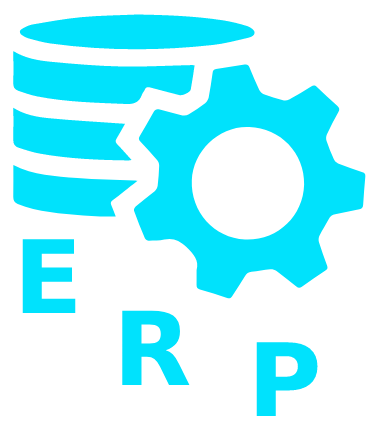

ERP stands for Enterprise Resource Planning.
And that’s exactly what a growing business needs, an ERP system to help manage all operations and resources.
In layman’s terms, an ERP system helps companies to streamline their business processes and operations with a centralized system that interconnects all business departments to provide a complete picture. Some common reasons to opt for an ERP system are collecting and analyzing business operations, better supply chain and inventory management, improved customer relations, efficient accounting and financial management etc.
ERP systems are often comprised of multiple modules. When it comes to an ERP system like NetSuite, users have many ways to save on their NetSuite licensing and implementation costs. Companies can choose specific modules to get started and to control costs in the earlier stages, whereas in time companies can always add additional modules to improve the functionality of their ERP system.
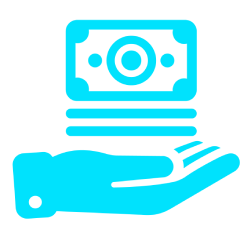

The Finances and Accounting module of an ERP system deals with work functions that involve company financial management, budgets, expenditures and more. This module also handles all the accounting operations including financial management of accounts payables (AP), accounts receivables (AR), general ledger (GL) etc.
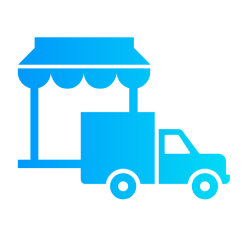

The Supply Chain module deals with tracking products from the manufacturing facility to their distribution to customers. The Supply chain module comes with features like supplier/distributor scheduling, purchasing, shipping, tracking shipments, product returns, support for 3rd party shippers and more.


An ERP system offers many tools to accurately track and manage inventory. An ERP like NetSuite can also track inventory across multi-locations, purchase orders, set up inventory reorder points etc. Some of the main features of an inventory management module are:


The core functionality of a CRM module primarily deals with the customer relationship aspect of a business. Companies can use the CRM module to automate their customer relationship management activities like creating work orders, sending weekly emails to customers, sending invoices automatically upon order fulfillment etc. Team members can also track customer orders and can provide specialized discounts if needed. Marketing tasks like managing campaigns, advertising and lead generation can also be easily managed with a CRM module.
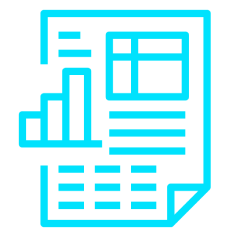

The business reporting and intelligence module collect data from the entire organization to showcase them in proper reports. These reports help the company in making informed decisions. This module also comes with an interactive dashboard that can be fully customizable with features like showing real-time data into order delivery etc.


Manufacturers can fully use functions that are specific to the manufacturing industry in this section. Management of bill of materials, work orders, quality control, product engineering, manufacturing requirements planning (MRP), product lifecycle management etc. are just some of the functions of a Manufacturing module.


With the distribution module, companies can integrate their supply chain partners and distribution channels with a single ERP system. Core functionality includes Inventory fulfillment, Shipping partner integration, product return management, Self-service centers for Vendors and more.


The human resource module gives companies total control over their human resources activities. A Human Resources module gives your management team the power to effectively manage crucial information like new employee onboarding, training, performance management, payroll, promotions, expense management etc. in a single ERP system.
Every ERP software provider will be different, and their solution implementation will often include different customizations, payment plans, integration capabilities and more that will affect the pricing of an ERP system.
Primarily there are two types of ERP software costs
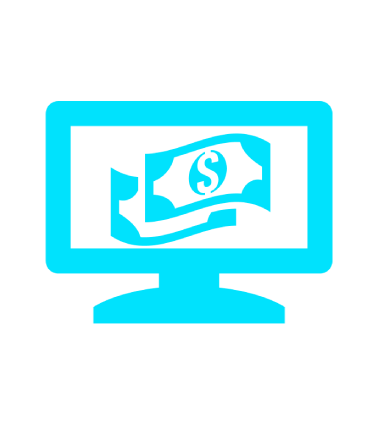

Companies can choose an ERP system like NetSuite which operates on a subscription fee basis. In this scenario, the company will pay a subscription fee to access the cloud software which will be maintained and hosted by the cloud provider. In the subscription plan, fees are paid per month or annually in some cases based on monthly users.
A subscription plan may also involve a contract that spans for a minimum duration that includes various system tiers, functionalities, and choice of modules etc.
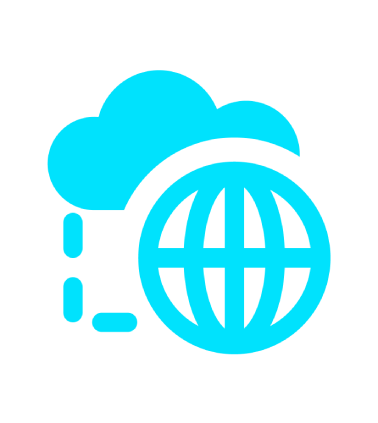

ERP implementations are well known for having a high cost of ownership and for being time-consuming, but that only happens when you don’t have a concrete project plan in place. Some ERP vendors may also have some hidden costs involved in their contracts, so watch out for those!
Below, we have included some of the factors that generally affect the total cost of an ERP implementation.
For our customers, we like to encourage them to choose a long-term NetSuite contract as it locks the licensing costs for up to 5 years which results in vast money savings.
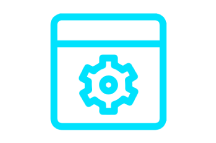

Every solution is unique when it comes to an ERP implementation. Companies can choose to opt for Industry-specific solutions that generally contains all the important aspect of that specific business. But adding additional work functions generally means implementing modules that are not part of the original package. Some examples can be adding a payroll and eCommerce management module to your Manufacturing ERP.
These additions will cost more depending on the level of customization, number of modules, integrations etc.


Some companies may often have complex work processes that won’t be readily fulfilled by an ERP system. For such a scenario, ERP customizations come in hand. However, it is important to note that ERP customizations must be done by professionals who know the system completely as broken customizations can quickly add up to the costs.
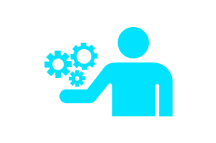

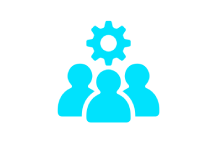





Almost every on-premise ERP system charges an additional cost for its maintenance and software upgrades. When it comes to a cloud ERP implementation, the maintenance and system upgrade costs may be involved in the subscription price itself.
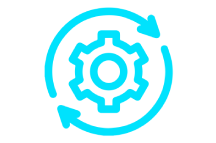

ERP Buddies is a North American Official Oracle NetSuite Solution Providers with diverse experience in implementing NetSuite ARM solution for a broad array of verticals
With offices in the U.S, Canada, Europe and Asia, our experts are accessible globally and make it their priority to create a smooth and positive experience for clients. Our experts assist clients throughout the entire implementation process, with on-site support and consultation, along with additional assistance in customizing your system to guarantee it meets your business needs.
ERP Buddies is a North American Official Oracle NetSuite Solution Providers with diverse experience in implementing NetSuite ARM solution for a broad array of verticals
With offices in the U.S, Canada, Europe and Asia, our experts are accessible globally and make it their priority to create a smooth and positive experience for clients. Our experts assist clients throughout the entire implementation process, with on-site support and consultation, along with additional assistance in customizing your system to guarantee it meets your business needs.
NetSuite 2024.1 brings new features and enhancements to boost business efficiency and user experience. Whether you’re an accounting pro, a manufacturing whiz, or a sales
In today’s ever-evolving business environment, unlocking the complete potential of your workforce is a crucial factor for achieving success. As organizations navigate the complexities of
ZKTeco North America, a prominent player in the Electrical/Electronic Manufacturing industry with a customer base ranging from 1,000 to 10,000, has harnessed the power of NetSuite